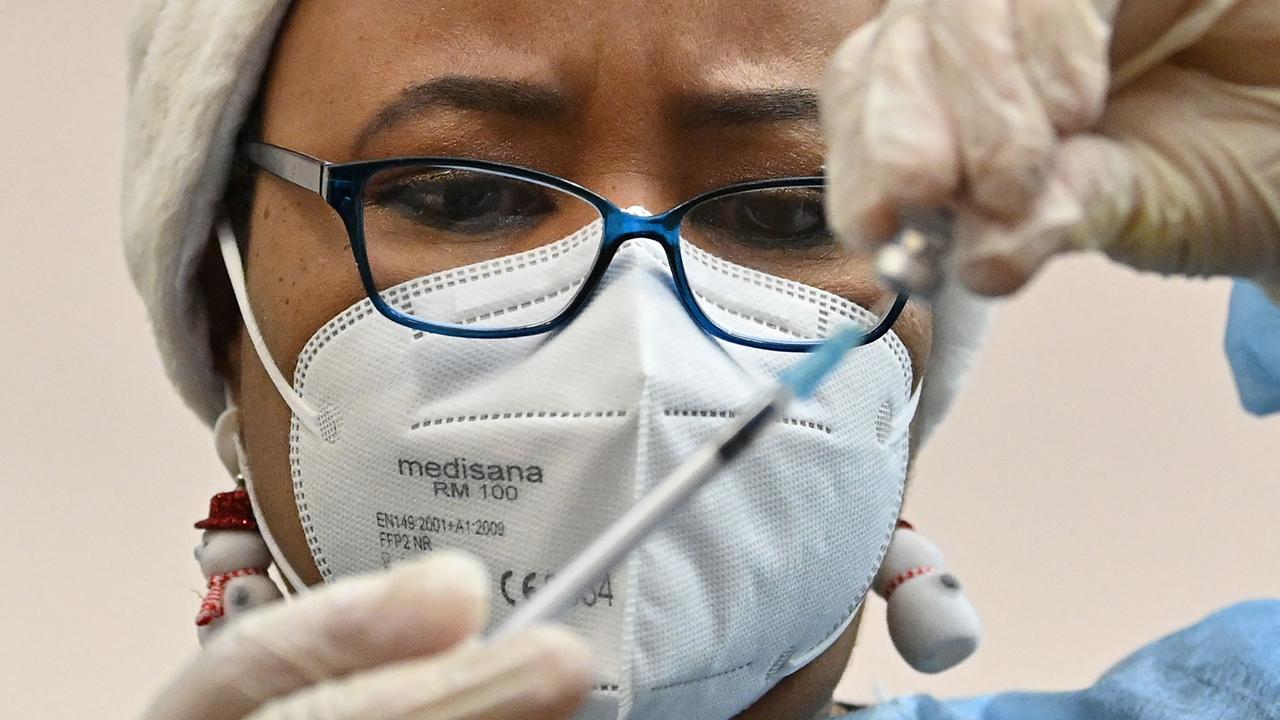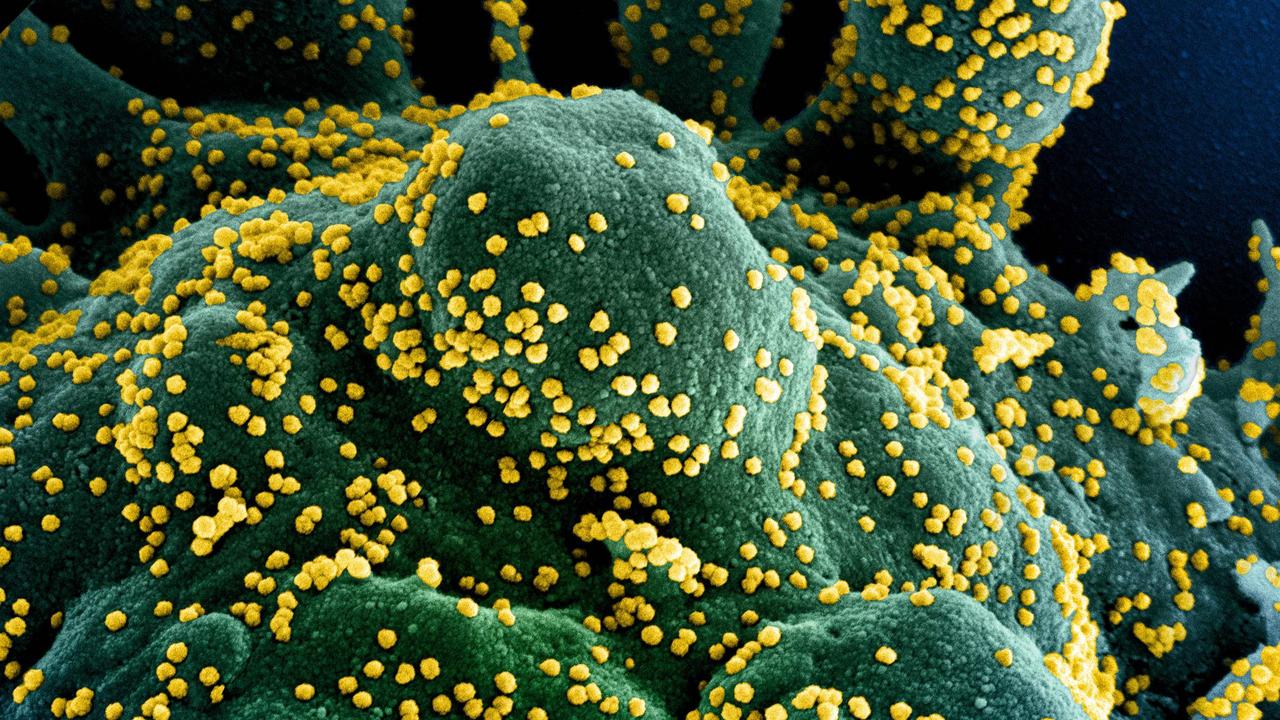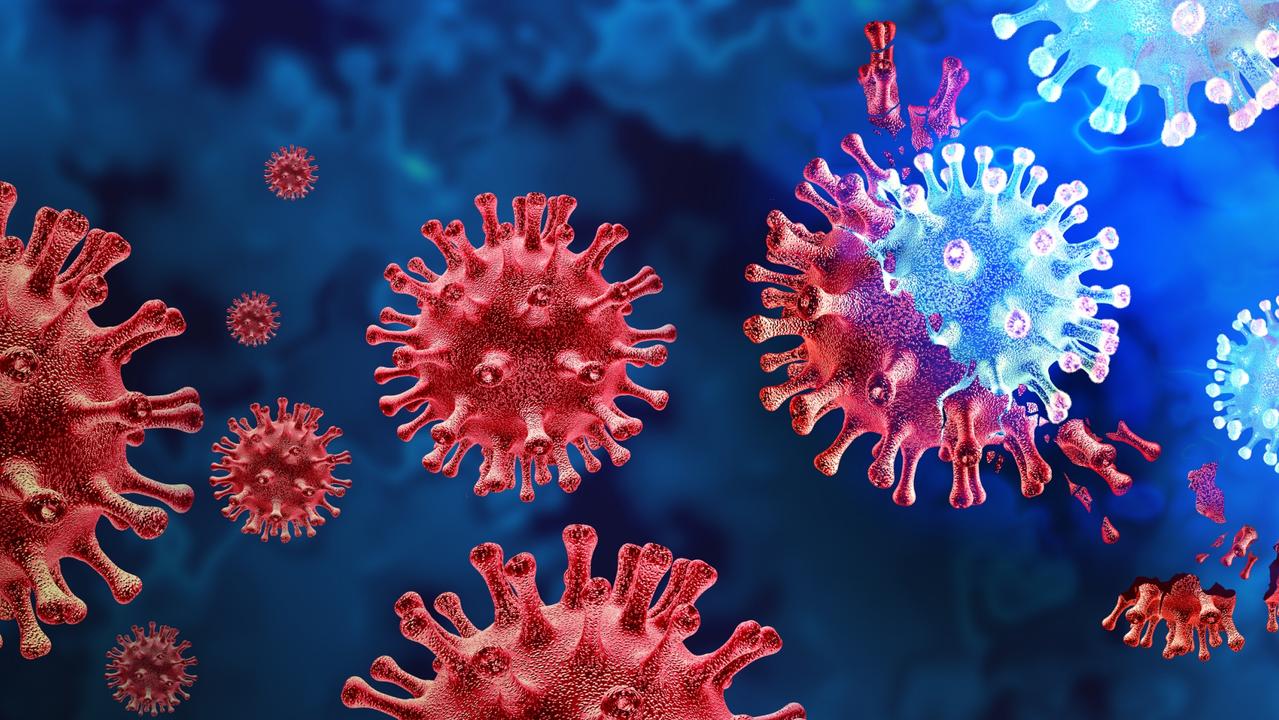AstraZeneca co-creator ‘confident’ people won’t need regular booster shots
The co-creator of the AstraZeneca jab is “confident” people won’t need regular booster shots to maintain their immunity against Covid-19.
The co-creator of Oxford University’s AstraZeneca vaccine is “confident” people won’t need regular booster shots to maintain their immunity against Covid-19.
Appearing on the ABC’s 7.30 last night, Professor Sarah Gilbert said that while “there may be a first booster program … I wouldn’t expect it to happen every single year”.
“We’re going to develop long-term immunity to this virus. I think that the most vulnerable, the oldest members of society, those who are immunocompromised are going to need regular boosters,” she added.
“But for younger people, we normally see good maintenance of immune responses.”
While the Pfizer vaccine offers slightly higher protection following a second dose compared to AstraZeneca, studies have found its protection fades faster.
“[The results] show the vaccines work; they also show you may get some waning of immunity,” Australian National University Medical School infectious diseases professor, Peter Collignon, told newsGP.
“Every vaccine fades over time, that’s not a real surprise. To my mind, the main point of the vaccines is to stop you dying and to stop you getting seriously ill as judged by hospitalisation.”
Pfizer announced recently its research had shown a booster dose resulted in an increase in antibodies against the initial virus as well as against the highly infectious Delta variant.
Professor Gilbert’s comments somewhat go against the warnings of Australian health officials, with NSW chief health officer Kerry Chant saying last week that her state will likely inoculate its residents against Covid-19 periodically for years to come.
“We need to get used to being vaccinated with Covid vaccines for the future … I can’t see Covid is not going to be with us forever,” Dr Chant told reporters.
“As a public health doctor we always want to have diseases go, to be totally eliminated, but that is not on the horizon in the near future.
“Booster doses and repeat doses will be part of that.”
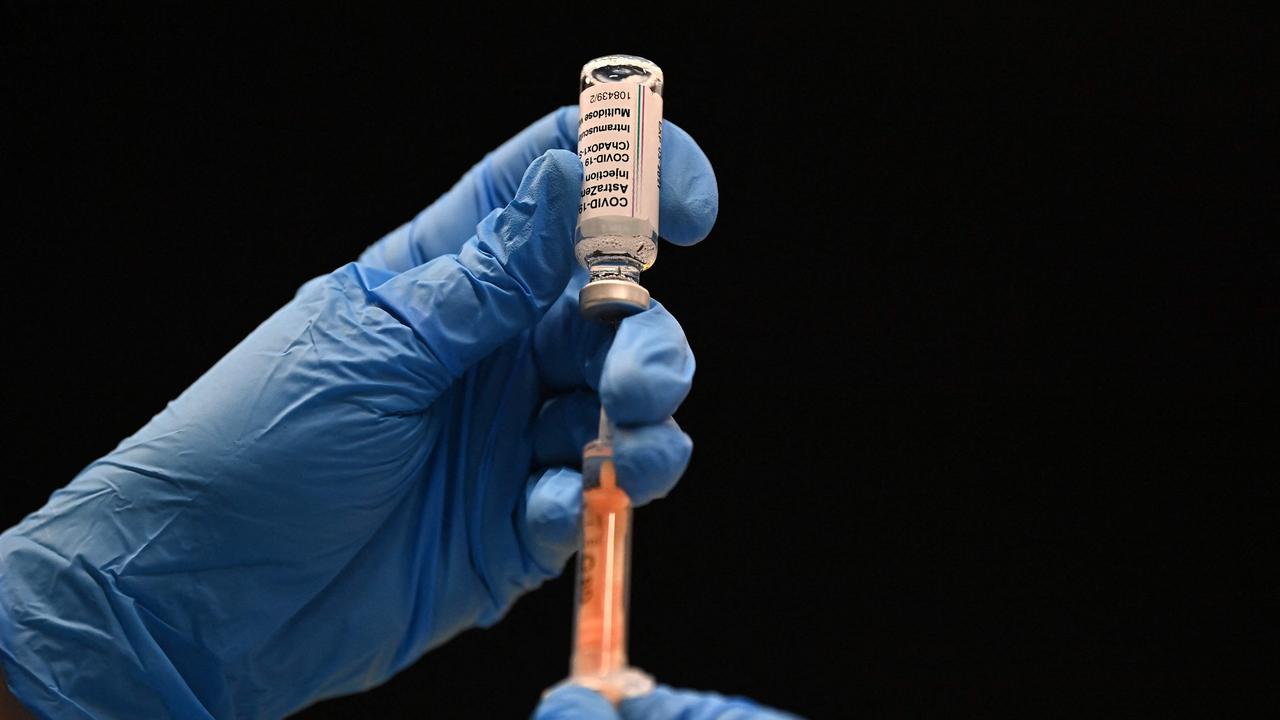
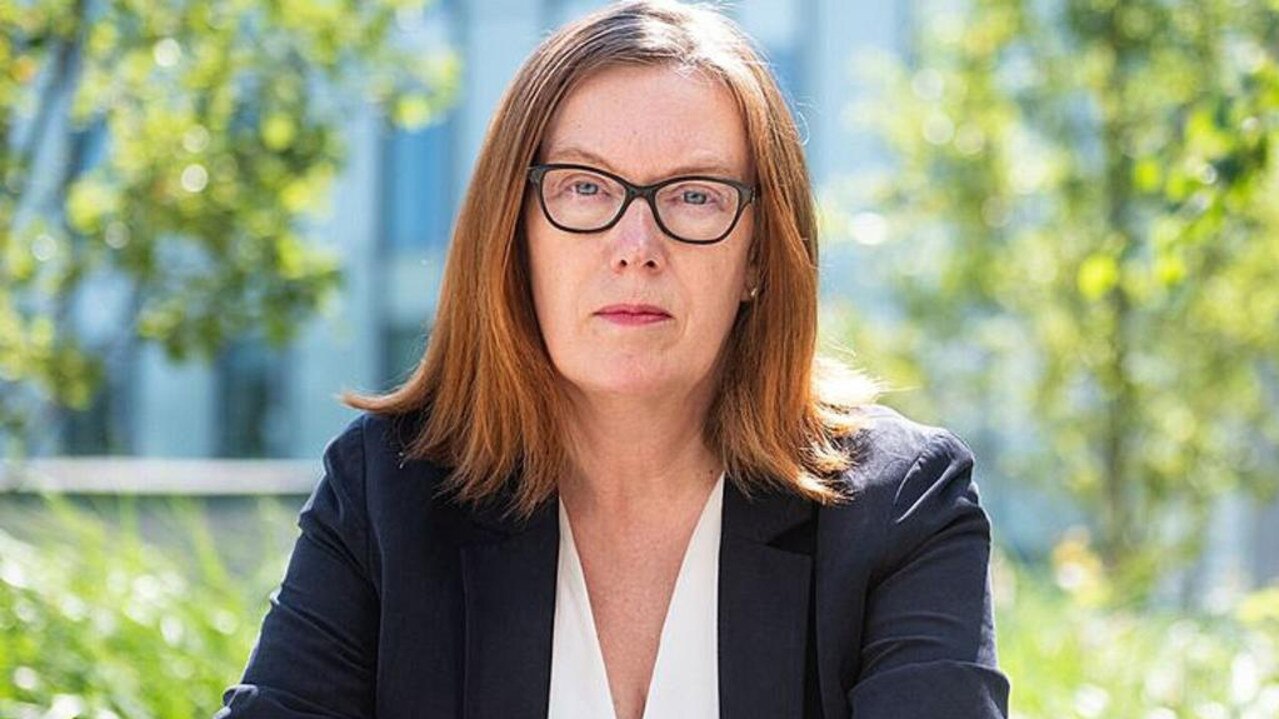
‘More likely to get blood clots from Covid than the vaccine’
During her interview, Prof Gilbert also said that her biggest concern now is vaccine hesitancy because “we can’t hide from the virus anymore”.
“I think it’s natural to be concerned about reactions to a vaccine, but there’s now very, very clear evidence that taking the vaccine is much safer than getting infected with Covid,” she explained.
“You’re much more likely to have blood clots if you get infected with Covid than if you take the vaccine.
“It’s really important that people look at the whole picture. Initial plans were to try to eliminate the virus. That’s not going to be possible with the versions that we have spreading now. We have to be prepared to meet it and to deal with it and that means vaccination.
“The risk of these serious adverse events is really very, very low.”
A recent study published in the British Medical Journal came to a similar conclusion, following 29 million people who received their first doses of either AstraZeneca or Pfizer between December 2020 and April 2021 and also tracked about 1.7 million Covid-19 patients.
The University of Oxford researchers found that people who contracted the virus were nearly nine times more likely to have low levels of platelets compared with people vaccinated with the high dose.
Although the study noted the increased likelihood of the rare disorder – known as thrombosis thrombocytopenia syndrome (TTS) – it also “underscores the importance of getting vaccinated to reduce the risk of these clotting and bleeding outcomes in individuals”, co-author of the study and University of Edinburgh professor, Aziz Sheikh, said.
For Australians older than 50, the incidence of TTS is about one in 50,000, and there is a less than one-in-a-million chance of dying as a result of vaccination.
Getting Covid-19, on the other hand, gives you a five to 10 times higher risk of getting a clot in your brain, myocarditis (inflammation of the heart muscle) or a severe clot somewhere else in your body,” the University of Sydney’s Dr Robert Booy told the ABC.




